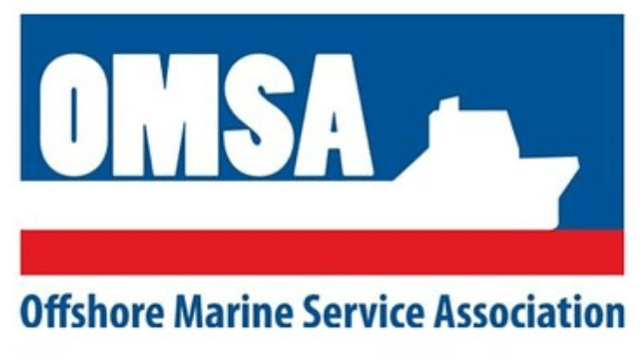Coast Guard Eases PAM Burdens on Offshore Industry Following OMSA Advocacy

[By: Offshore Marine Service Association]
The Offshore Marine Service Association (OMSA) celebrates that the U.S. Coast Guard (USCG) has updated its Portable Accommodation Module (PAM) policy, delivering a win for American offshore operators and addressing concerns raised by OMSA. The revised policy reduces unnecessary regulations that would harm the competitiveness of the U.S. maritime industry.
“The Coast Guard’s revised policy shows it recognizes what OMSA and the industry have long said: the previous PAM guidance imposed significant costs and delays without delivering meaningful safety benefits,” said Aaron Smith, President of OMSA.
The updated guidance follows OMSA recommendations to introduce a new category, called PAM-IM, for low-risk industrial modules like laboratories, workshops, wireline unites, mud logger rooms, ROV control rooms, dive control rooms, or any other similar space. These modules no longer require Coast Guard plan approval or inspection in most cases, aligning U.S. practice more closely with global standards and easing the burden on American mariners and operators. Higher-risk modules, such as sleeping quarters or medical spaces, will continue to receive greater oversight.
Since 2016, OMSA has called for reform of the PAM policy, citing excessive costs, operational delays, and a competitive disadvantage for U.S. vessels. In its most recent letter to Rear Admiral Wayne Arguin, OMSA emphasized the burden the policy placed on U.S. operators and Coast Guard resources.
“This update gives U.S. vessels more flexibility to operate efficiently without compromising safety,” said Smith. “That’s good for our industry and good for the country.”
However, OMSA noted that the changes do not go far enough. The updated policy still applies only to U.S.-flagged vessels, meaning foreign-flagged vessels operating in U.S. waters remain exempt from these requirements, creating an unfair advantage for foreign competitors.
“Foreign vessels continue to get a pass while U.S. operators face costly delays,” said Smith. “That’s not fair and it’s not sustainable. American mariners deserve a level playing field.”
OMSA will continue to advocate for risk-based standards that apply equally to all vessels operating in U.S. waters and support a competitive, secure, and resilient U.S. maritime industry.
The products and services herein described in this press release are not endorsed by The Maritime Executive.

